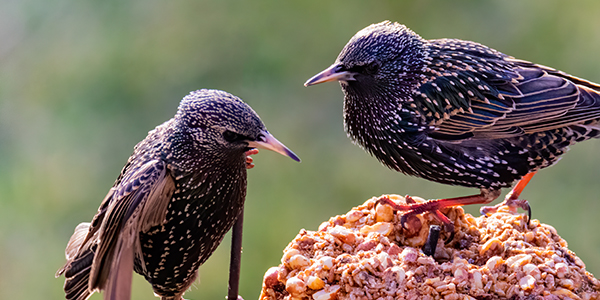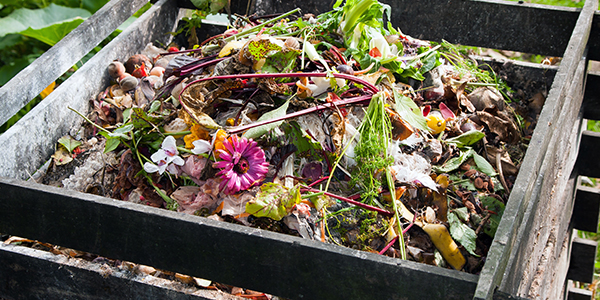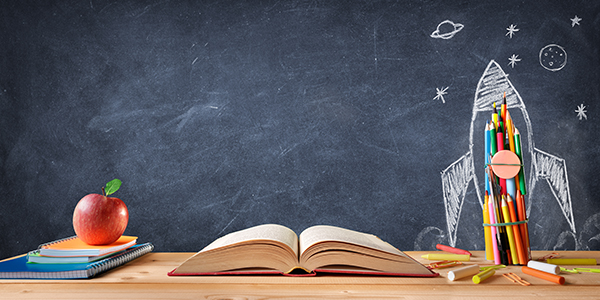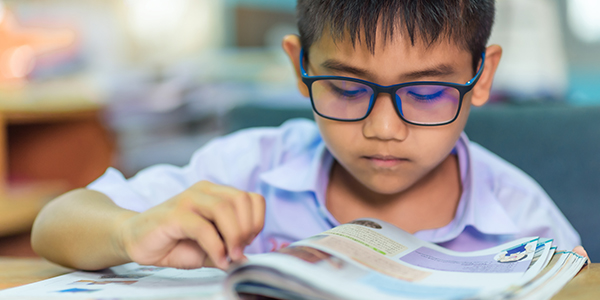Last updated on September 29, 2021
Sustainable Development Goal 4 is to “ensure inclusive and quality education for all and promote lifelong learning.” But why? Is education really a prerequisite to achieving a sustainable world that works for everyone?
The short answer is yes. With the world population hovering near 8 billion, the complexity of our lives has increased exponentially in the last millennium. We live and work more closely together than ever before. As a result, the complexity of the issues we need to solve has also increased exponentially. Quality education empowers us to share knowledge and ideas and helps us learn how to work together effectively to solve these challenges.
Quality education also:
- Enables upward socioeconomic mobility
- Breaks the poverty cycle
- Reduces inequalities
- Empowers people to live healthier and more sustainable lives
- Fosters tolerance
- Contributes to more peaceful societies
Below are some DCCCD sustainability resources for you to explore:
- Sustainable DCCCD website
- Sustainability events — If there is a topic or speaker you would like to see at one of DCCCD’s upcoming sustainability events, please email your ideas to Georgeann Moss at gemoss@dcccd.edu.
- Sustainability resources
- SustainableDCCCD Facebook page — Posts are solutions-oriented, positive and uplifting. “Like” us so you will receive the posts in your Facebook feed.

‘Invasion of the Ecosystem Snatchers!’ Webinar
- Wednesday, May 27, 2020
- Noon – 1 p.m.
- Register today
This webinar explains:
- why the invasion into the United States of exotic species such as Asian Tiger mosquitos, garlic mustard, cowbirds, Zebra mussels and European starlings (shown in the photo above) is one of the greatest threats to ecosystem biodiversity and sustainability
- how human activities help exotic species
- what you can do to protect our native species and habitats
by Brie Day, professor of biology at Eastfield College
Brie Day has a passion for projects that help our environment and educate students and the community about science and sustainability. Brie has taught full time at the community college level for more than 18 years, teaching more than 28 courses in the environmental and biological sciences. She currently teaches general and environmental biology at DCCCD’s Eastfield College in Mesquite, where her curriculum focuses on project-based, hands-on education, both in the lab and in the field at Samuell Farm. She recently won the Eastfield College “Excellence in Teaching – Piper Professor Faculty of the Year” award.
Throughout her career in higher education, Brie has worked to build K-12, university and industry partnerships for educational initiatives in the biological and environmental sciences. Brie’s education includes the completion of three years toward a doctorate (achieving ABD status) in environmental and natural resources science: evolutionary molecular genetics of salmonids from Washington State University, Vancouver. She holds a Master of Science degree in biological sciences: conservation biology/invasion ecology from Illinois State University and a Bachelor of Science in biological sciences: ecology/evolutionary biology/behavior from University of Maryland at College Park.
This webinar is part of the Sustainable U Lunch and Learn series produced by Dallas County Community College District and EarthX. There is no charge for the webinar, but you must register in advance.
Upcoming webinar:

May Sustainability Tip: The Value of Composting
Composting is an easy way to save landfill space and provide rich nutrients for your soil. It’s also one of the Top 15 Sustainable Solutions U Can Do.
Food scraps and yard waste together currently make up more than 28 percent of what we throw away and should be composted instead.
Composting encourages the production of beneficial bacteria and fungi that break down organic matter to create humus, a rich, nutrient-filled material that:
- Enriches soil, helping retain moisture and suppress plant diseases and pests
- Reduces the need for chemical fertilizers
- Reduces methane emissions from landfills
- Lowers your carbon footprint
Improve the soil in your yard, garden or potted plants by adding compost made from the yard and food wastes you normally send to the landfill.
There are many websites, books and workshops about composting. The most important thing is to get started. Like any other activity in your life, you’ll get better at composting with a little knowledge and a lot of practice.
Are you up for the challenge?
Source: United States Environmental Protection Agency (EPA)

Sustainable Development Goal 4: Quality Education
The mission of DCCCD is to transform lives and communities through higher education. By providing affordable higher education, we’re helping to ensure that Dallas County is vibrant, growing and economically viable for current and future generations. DCCCD is proud to include sustainability topics throughout the curriculum and through activities that teach students and community members about sustainable living.
DCCCD has been committed to providing inclusive and quality education since it was founded in 1965, long before the 17 Sustainable Development Goals (SDGs) were announced in 2015. And we are intentionally working to build awareness of sustainability across Dallas County by educating our students, faculty members, employees and community members about what sustainability is, how it will benefit each of us now and in the future, and how to achieve it.
